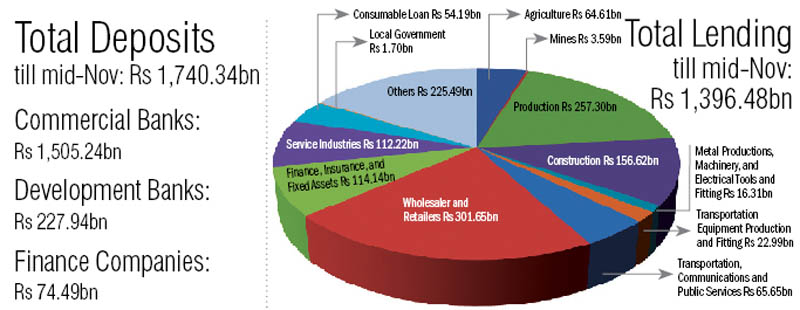Imports drop by 59pc from border points
Kathmandu, December 16
Imports from major Nepal-India customs points dipped by as much as 59 per cent in the first four months of the current fiscal year, as trade disruption continued along the bordering areas of the two countries.
Imports from Birgunj, the largest trading point between Nepal and India, slumped by 59 per cent in between mid-July and mid-November to Rs 43.32 billion, shows the latest Macroeconomic Report of Nepal Rastra Bank (NRB).
Similarly, imports from the dry port located in Birgunj fell by 49.8 per cent to Rs 14.29 billion, while imports from Biratnagar customs point declined by 22.38 per cent to Rs 24.70 billion.
The only Nepal-India customs point that witnessed growth in imports during the four-month period, according to NRB, was Kailali.
Imports from other customs points fell because of prolonged strikes in the Tarai and blockade on Nepal-India border points. These problems led the country to record 36.8 per cent drop in imports to Rs 160.99 billion in the four-month period.
Declining imports, on the other hand, reduced government’s revenue by 19.4 per cent to Rs 92.57 billion in the review period, shows the report.
Although decline in imports has narrowed Nepal’s trade deficit by 37.8 per cent to Rs 140.04 billion in the first four months of the current fiscal, there is not much to cheer about this achievement because the trade gap did not taper with growth in exports.
In reality, exports from major Nepal-India customs points also fell in the four-month period, shows the NRB report.
Exports from Birgunj customs point, for instance, dipped to Rs 2.53 billion in between mid-July and mid-November, as against Rs 5.51 billion recorded in the same period last fiscal. Also, exports from Biratnagar customs point fell to Rs 6.36 billion during the review period from Rs 8.32 billion in the same period of the previous year.
The fall in exports, however, did not affect the current account position. The country booked a current account surplus of Rs 121 billion in the first four months of the current fiscal year — as against a deficit of Rs 5.86 billion in the same period last fiscal — because of fall in imports and growth in money sent by Nepalis working abroad.
Remittance income of the country registered a growth of 19.4 per cent to Rs 215.39 billion in the four-month period — albeit number of Nepalis going abroad for employment purpose fell by 20.9 per cent in the review period.
Because of growing remittance income and drop in imports, foreign exchange reserve expanded by 7.9 per cent to $8.79 billion. The foreign exchange holding is sufficient to cover merchandise imports of 23.4 months, and merchandise and services imports of 18.4 months, says the report.






